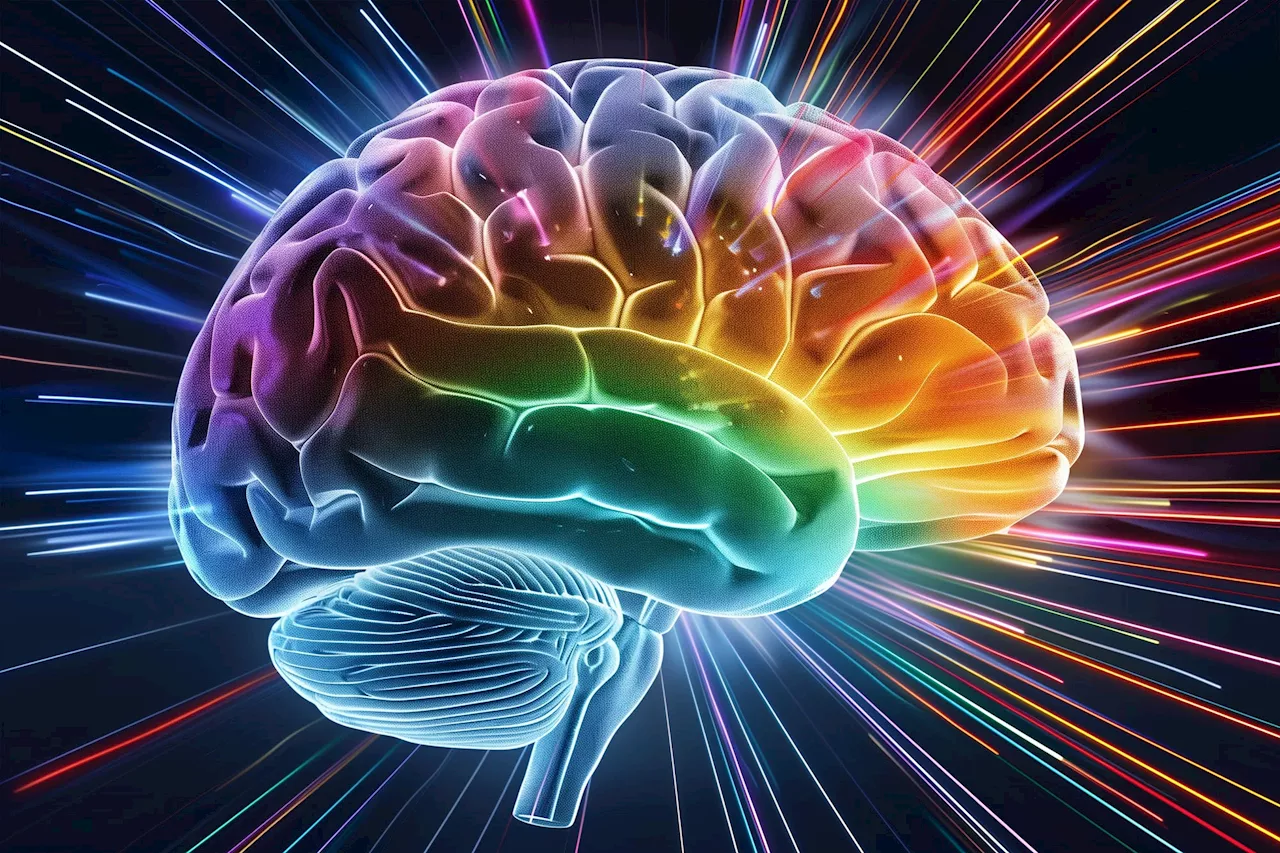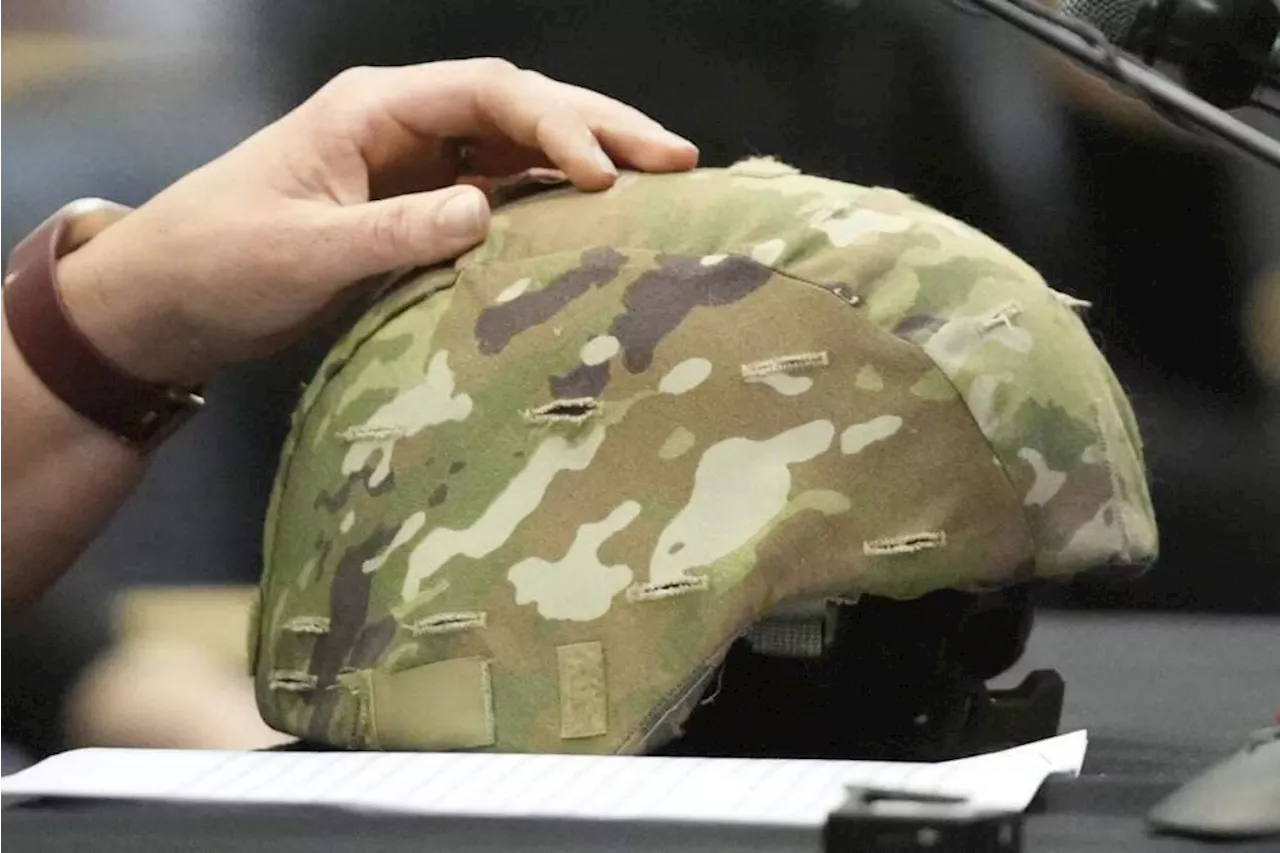Scientists found that certain changes in neural activity predicted which patients would benefit from a type of cognitive behavioral therapy.
Cognitive behavioral therapy, one of the most common treatments for depression, can teach skills for coping with everyday troubles, reinforce healthy behaviors and counter negative thoughts. But can altering thoughts and behaviors lead to lasting changes in the brain?
"Yet in depression, we have no tests being used. You have this broad sense of emotional pain, but it's a trial-and-error process to choose a treatment, because we have no tests for what is going on in the brain." The participants in the new study were adults diagnosed with both major depression and obesity, a confluence of symptoms that often indicates problems with the cognitive control circuit. Patients with this profile generally do poorly on antidepressants: They have a dismal response rate of 17%.
But in the group receiving therapy, the pattern was reversed: Decreased activity correlated with enhanced problem-solving ability. The researchers think this may be due to their brains learning, through the therapy, to process information more efficiently. "That's important, because it tells us that there is an actual brain change going on early, and it's in the time frame that you'd expect brain plasticity," Williams said."Real-world problem solving is literally changing the brain in a couple of months."
Gene Therapy Psychology Research Diseases And Conditions Behavior Intelligence Psychiatry Mental Health
United States Latest News, United States Headlines
Similar News:You can also read news stories similar to this one that we have collected from other news sources.
 Scientists Identify 4 Key Factors That May Predict Cognitive DeclineThe Best in Science News and Amazing Breakthroughs
Scientists Identify 4 Key Factors That May Predict Cognitive DeclineThe Best in Science News and Amazing Breakthroughs
Read more »
 Stanford Reverses Cognitive Decline in Alzheimer’s With Brain Metabolism DrugScience, Space and Technology News 2024
Stanford Reverses Cognitive Decline in Alzheimer’s With Brain Metabolism DrugScience, Space and Technology News 2024
Read more »
 New military recruits to undergo baseline 'cognitive assessments' to detect later brain injuriesAn analysis released earlier this year suggested that the gunman in last October's mass shooting in Lewiston had traumatic brain injuries that could have been caused by repeated exposures to blast shockwaves as part of his Army Reserve service. The Pentagon announced Friday new policies to test for and protect against brain injuries.
New military recruits to undergo baseline 'cognitive assessments' to detect later brain injuriesAn analysis released earlier this year suggested that the gunman in last October's mass shooting in Lewiston had traumatic brain injuries that could have been caused by repeated exposures to blast shockwaves as part of his Army Reserve service. The Pentagon announced Friday new policies to test for and protect against brain injuries.
Read more »
 Military recruits will take cognitive tests to help track effects of weapons blastsIn an effort to prevent and diagnose traumatic brain injuries, the Department of Defense will require all new military recruits to take a baseline cognitive test.
Military recruits will take cognitive tests to help track effects of weapons blastsIn an effort to prevent and diagnose traumatic brain injuries, the Department of Defense will require all new military recruits to take a baseline cognitive test.
Read more »
 Reconsidering the roles of general cognitive skills in math learning.Domain-general cognitive capabilities are linked with children's math performance, but does training these skills in isolation lead to meaningful improvements in math learning?
Reconsidering the roles of general cognitive skills in math learning.Domain-general cognitive capabilities are linked with children's math performance, but does training these skills in isolation lead to meaningful improvements in math learning?
Read more »
 All troops to get baseline cognitive testing in bid to treat traumatic injuries: Dept. of DefenseThe military is taking new steps to reduce the chances of traumatic brain injury in troops nine months after an Army Reservist went on a shooting rampage.
All troops to get baseline cognitive testing in bid to treat traumatic injuries: Dept. of DefenseThe military is taking new steps to reduce the chances of traumatic brain injury in troops nine months after an Army Reservist went on a shooting rampage.
Read more »
